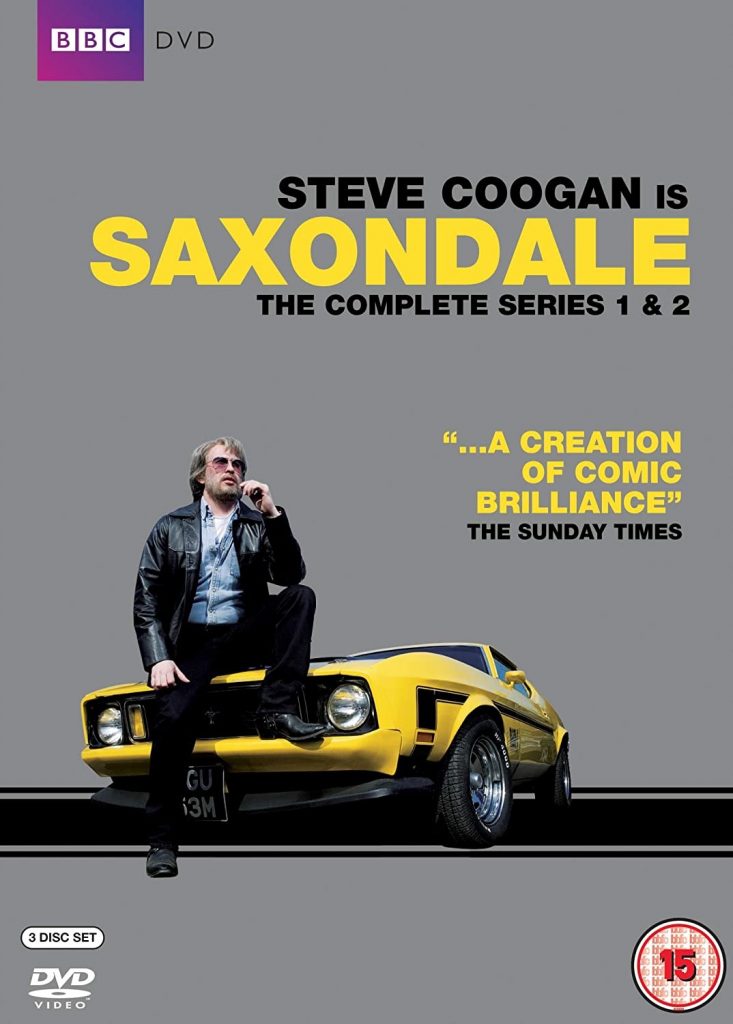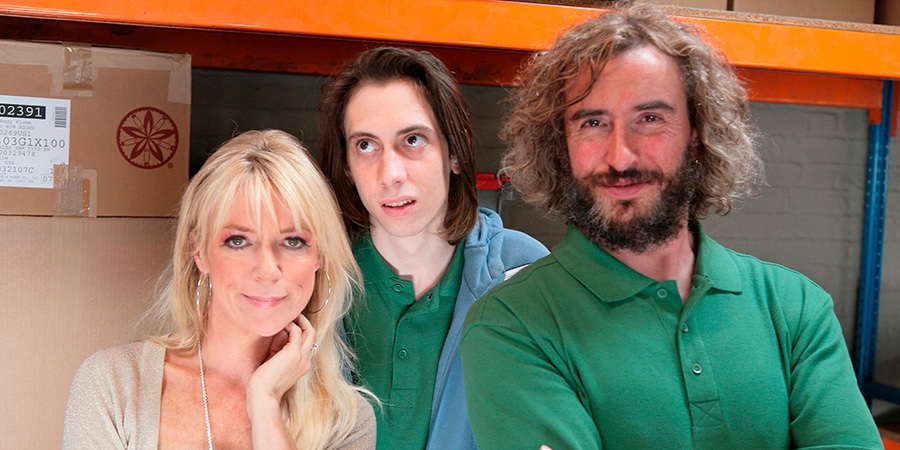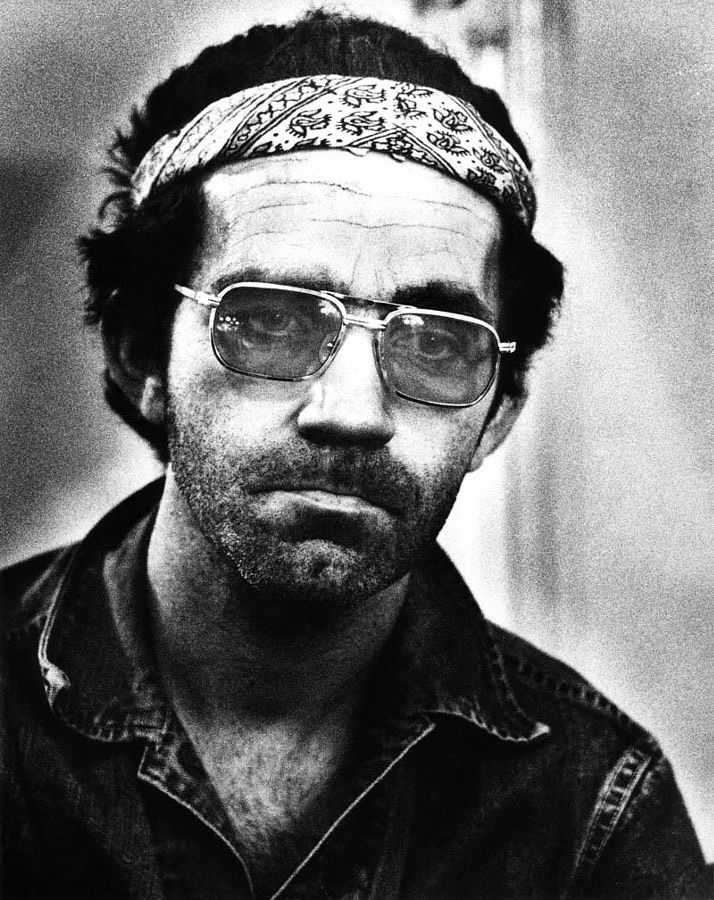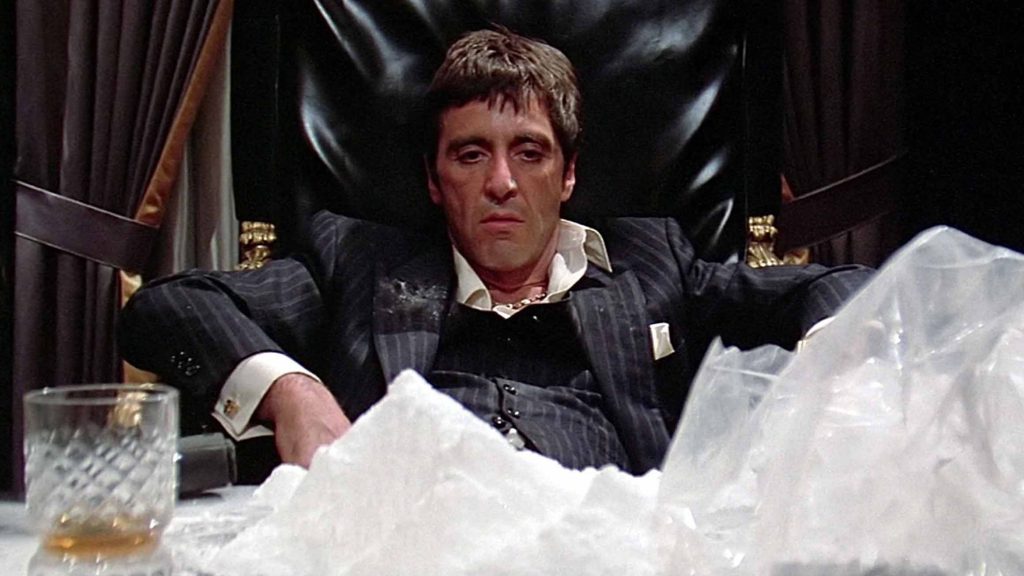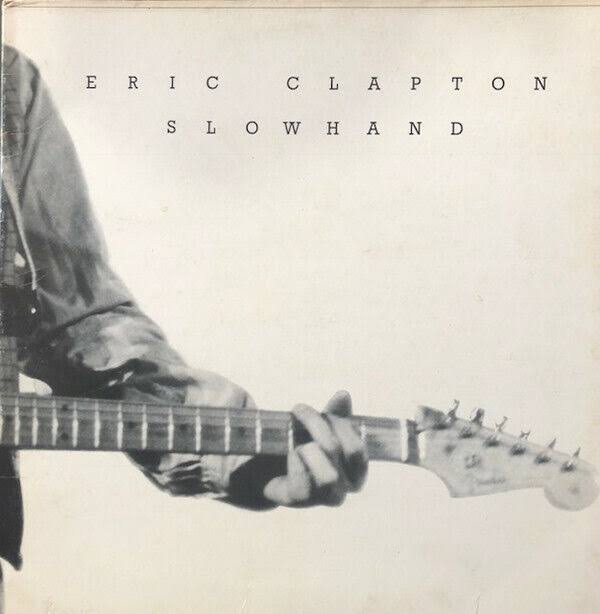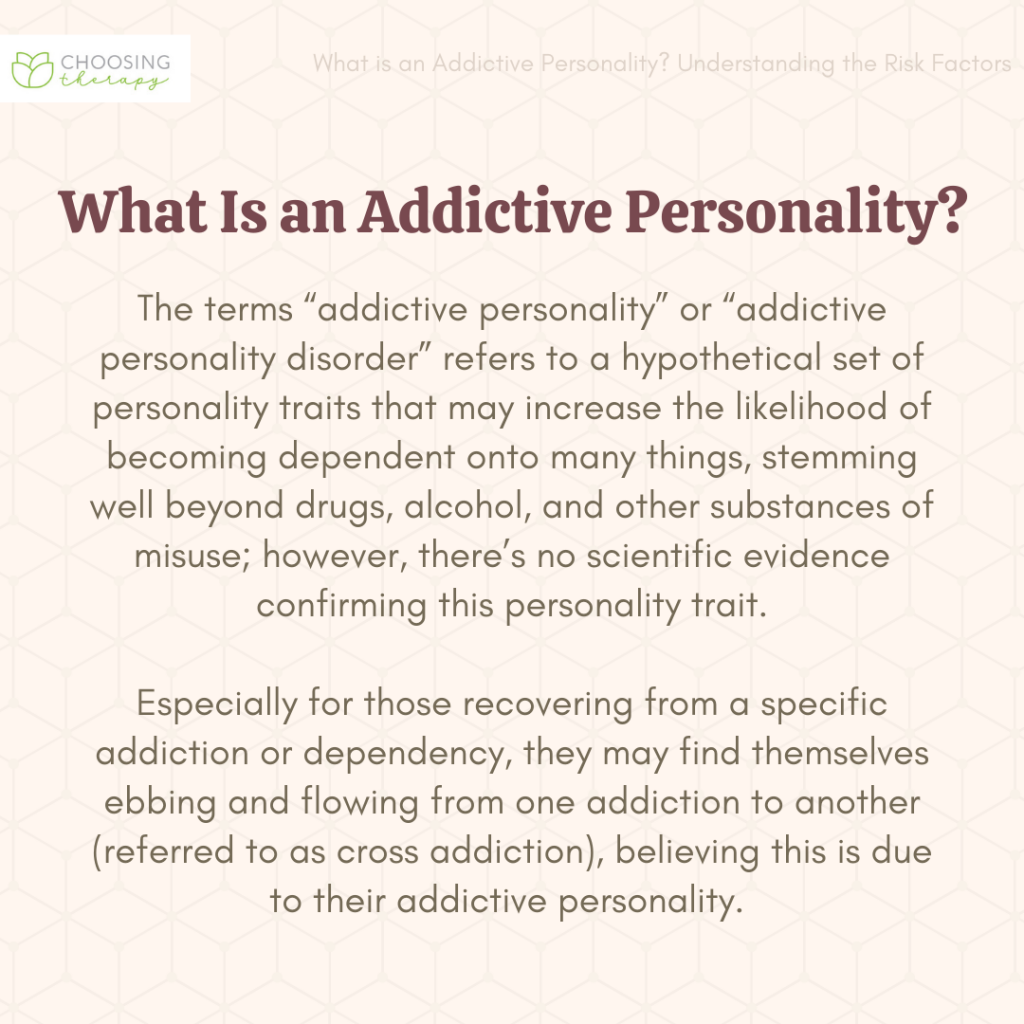
To my mind, the short answer to the question posed in the title of this post is a short and resounding yes!
However, apparently much of the science says otherwise: ‘Fundamentally, the idea of a general addictive personality is a myth. Research finds no universal character traits that are common to all addicted people.’ [1]
Anyway, I’ve suddenly collapsed into a near vegetative state of depression, over the last few months. Some of the reasons are perennial (lack of money), others more singular (least said, soonest mended).
Amidst all of this, I’ve relapsed into few behaviours (I’m sounding like an amateur naturist, er… naturalist, now) that seem, outwardly, very aulde. One of the common denominators to all these behaviours, is addiction.
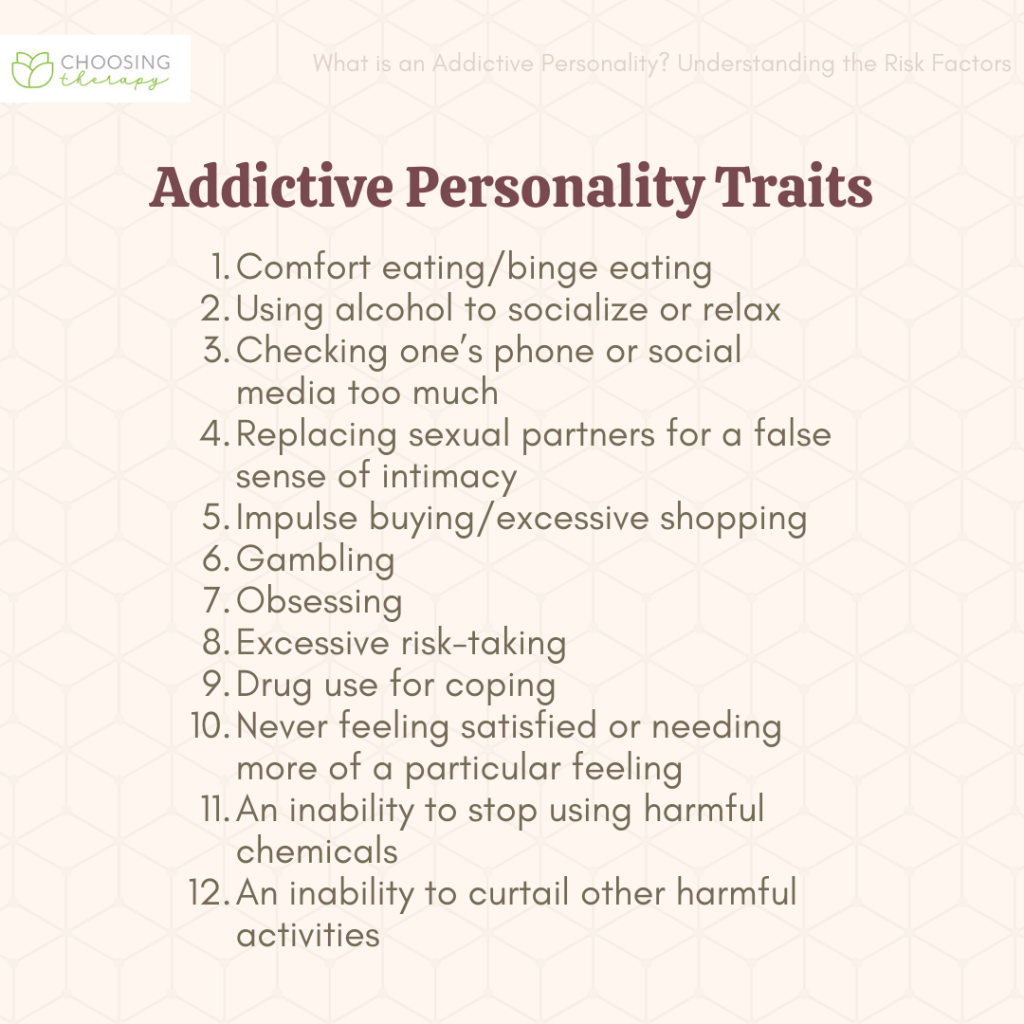
And some of the things that characterise the kind of addiction I’m talking about: firstly they compel one to act in ways one knows are foolish and high risk, and two, there’s a kind of hollow joylessness to whatever the indulgence might me.
On that latter point, it has to be said that things aren’t really as cut and dried as that idea might imply. Pleasure can be and is taken in the addictive behaviours. But there’s an underlying sense, sometimes even when unquestionably enjoying the addictive behaviour, that one is acting foolishly.
Why should it be this way? And what makes certain things so compelling that they hijack one’s better judgement? This post isn’t an attempt to really answer such questions. In truth it’s more the sudden realisation that I’ve got some possible addiction ‘issues’ I need to acknowledge and work on.
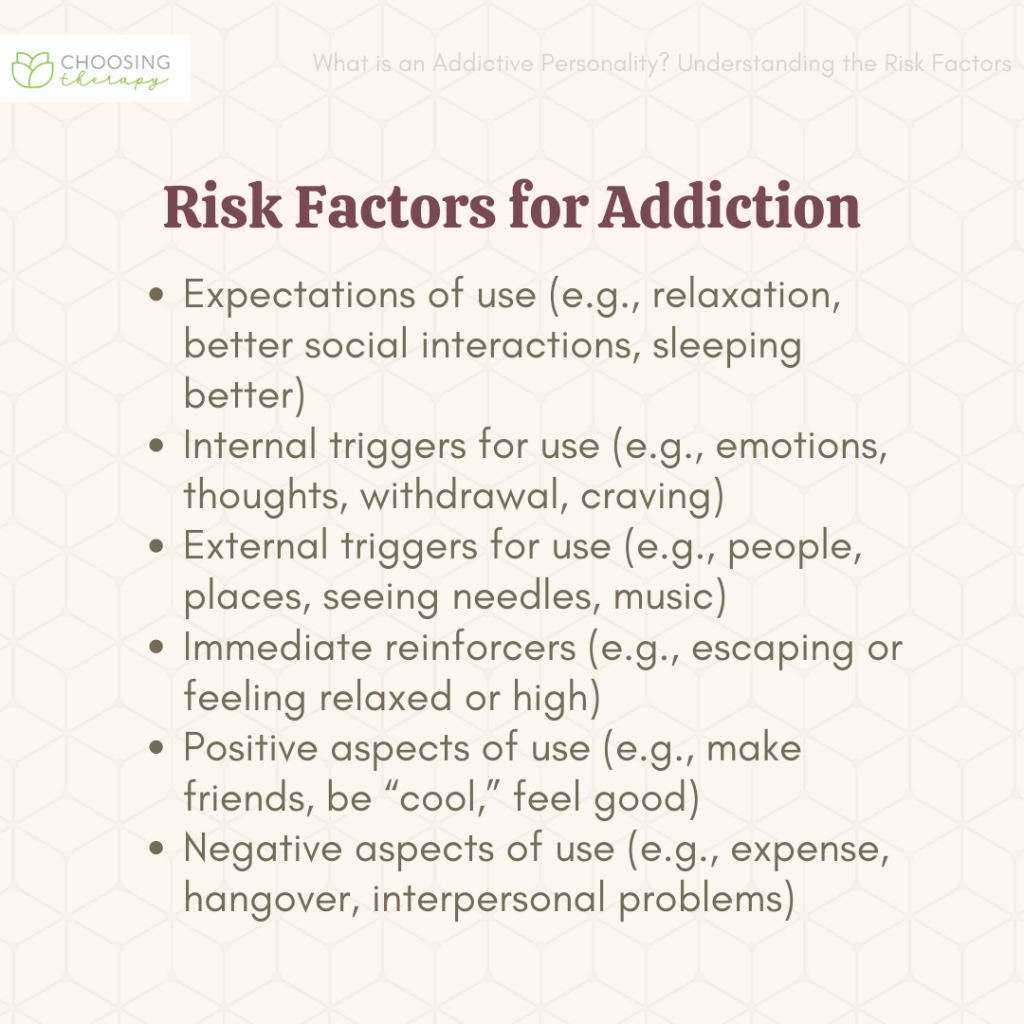
Looking at all the textual images in this post, which I pulled from the Google image search results for ‘addictive personality’, they almost all apply. Perhaps unsurprisingly?
I’d say that for me there are two or three chief drivers when it comes to most of my addictions: pleasure, relaxation and escape. And the leaning into these behaviours is exacerbated in times of high stress – such as presently – by the desire to reduce or mitigate it.
I like to use my blog as a somewhat candid journal. But it’s neither an outright confessional, nor the best place to air dirty laundry that might best be addressed professionally.
On this last topic, however, I feel I’m being let down in a pretty big way, by the alphabet soup of acronym-heavy mental-health organisations I’ve been alerted to. It’s all pillar to post Groundhog Day assessments, and nary any actual support!
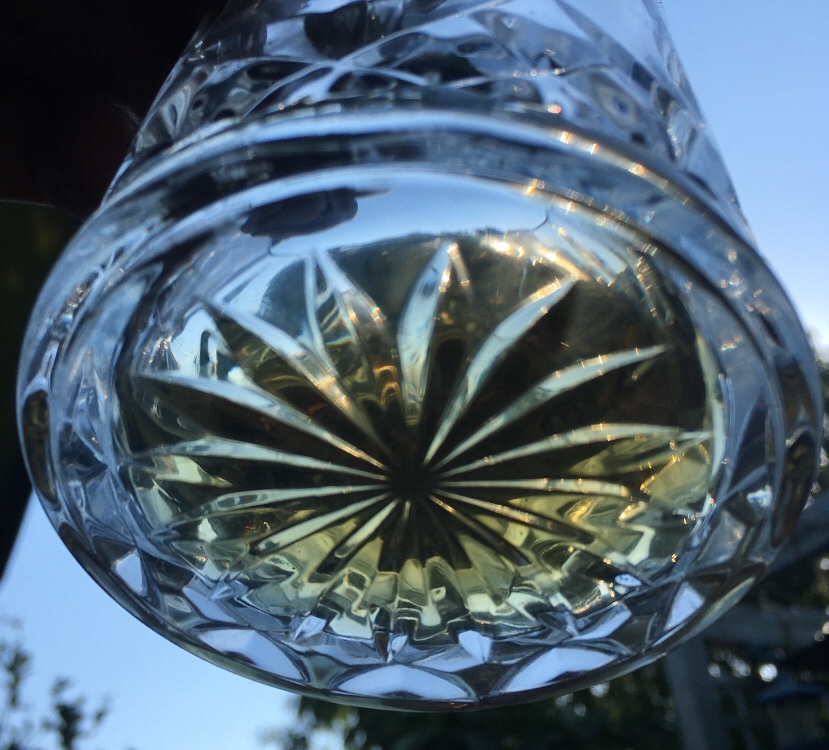
Having inferred above that here is not the place to go into the gory details of specific addictions, I will use one relatively innocuous seeming but actually very insidious example, namely spending.
My re-formulation of Descartes famous dictum, for our times, runs thus ‘I spend therefore I am’. One of histories’ greatest dictators, the unholy axis of capitalism and materialism, has marched into and annexed almost every conceivable aspect of modern life.
And I will often attempt to spend my way out of obscurity and depression with anything from a Gregg’s pizza slice to a book, CD, clothes or shoes.
NOTES
- [1] https://www.scientificamerican.com/article/the-addictive-personality-isn-t-what-you-think-it-is/

